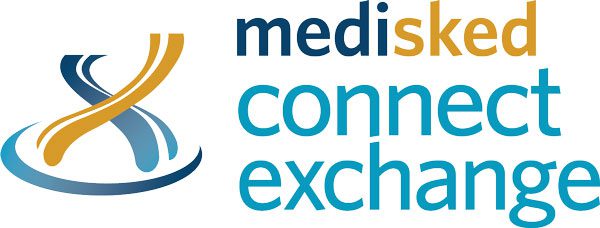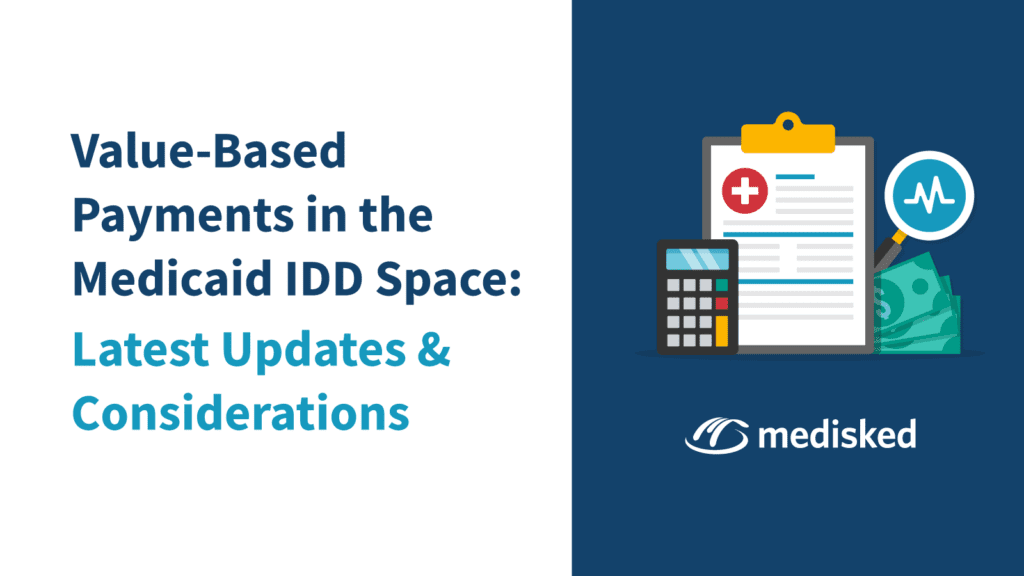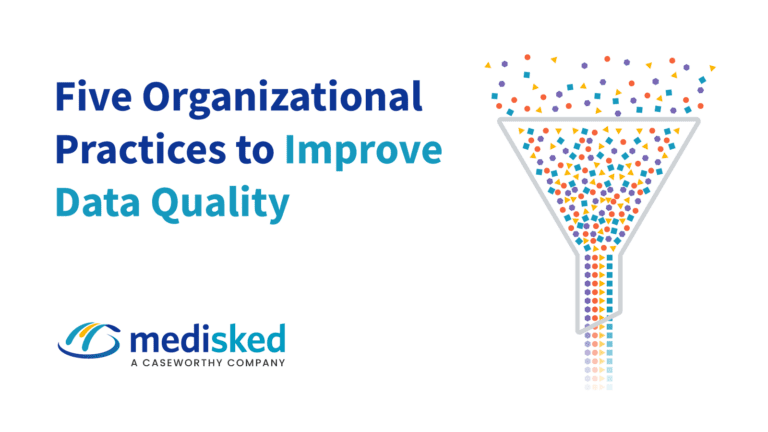In today’s ever-evolving healthcare landscape, Value-Based Payments (VBPs) have emerged as a transformative approach to reimbursement. These payment models prioritize quality of care and outcomes, moving away from the traditional fee-for-service model.
In the Medicaid intellectual and developmental disability (IDD) space, VBPs hold great potential for improving the wellbeing of individuals with IDD. Let’s explore the latest updates and considerations regarding VBPs in the Medicaid IDD space.
Understanding Value-Based Payments
Value-Based Payments are reimbursement models that focus on rewarding healthcare and home- and community-based services (HCBS) providers based on the quality and value of the care they deliver, rather than just the volume of services provided. These models incentivize improved health outcomes, care coordination, and cost-effective practices, rather than the amount of service. By aligning financial incentives with positive individual outcomes, VBPs have the potential to enhance the overall quality and cost-effectiveness of care in the Medicaid IDD space.
Latest Updates in Value-Based Payments for Medicaid IDD Programs
Within the last couple years, there have been significant developments in implementing VBPs within Medicaid IDD programs. Medicaid agencies and federal authorities have recognized the need to transition towards value-based care. Initiatives such as the Centers for Medicare and Medicaid Services (CMS) Innovation Center’s Value-Based Payment Models and State Innovation Models have paved the way for VBPs in Medicaid IDD programs.
Currently there are 10 states with IDD Medicaid Managed Care, and each of these states already has or has at least considered some form of VBP model. These states include Arkansas, Arizona, Iowa, Kansas, Michigan, North Carolina, New York, Tennessee, Texas, and Wisconsin.
Considerations, Benefits, and Outcomes for Implementing Value-Based Payments in the Medicaid IDD Space
Implementing VBPs in the Medicaid IDD space comes with a number of unique considerations. One of the crucial aspects is defining meaningful outcome measures that accurately reflect the quality of care for individuals with IDD. Risk adjustment is also crucial to account for the complexity and varying needs of this population. Furthermore, fostering collaboration and coordination among Medicaid agencies, managed care organizations, providers, and advocacy groups is essential to ensure successful implementation of VBPs in this space.
The shift to VBPs in the Medicaid IDD space offers numerous benefits and positive outcomes. By incentivizing high-quality care, VBPs can lead to improved health outcomes, enhanced access to care, and better care coordination for individuals with IDD. For example, VBPs can promote early intervention and preventive services, reducing hospitalizations and emergency room visits. These models also encourage person-centered care, promoting the overall well-being and independence of individuals with IDD.
Future Directions and Opportunities
Looking ahead, there are exciting prospects for the future of VBPs in Medicaid IDD programs. As technology advances, opportunities arise for leveraging data analytics and digital health solutions to support the delivery of value-based care. Innovations such as telehealth, remote monitoring, and enhanced care coordination can improve access to care and enable more effective care management for individuals with IDD. Ongoing evaluation and data analysis will be crucial in identifying areas for improvement and driving continuous advancement in VBPs.
Value-Based Payments hold immense potential in transforming care delivery and outcomes for individuals with intellectual and developmental disabilities in the Medicaid program. As we witness the latest updates and initiatives in the Medicaid IDD space, it is evident that VBPs are gaining traction and driving positive change.
By focusing on value and quality, we can create a healthcare system that prioritizes the unique needs of individuals with IDD and empowers them to live healthier, more fulfilling lives. Let us stay informed and engaged as we collectively work towards a future where VBPs pave the way for better care and improved outcomes in the Medicaid IDD space.
MediSked is proud to support providers and care management organizations with their technology needs as they make the transition to the managed care model. For more information on how our software can meet your organization’s technology needs, request a demo here!








